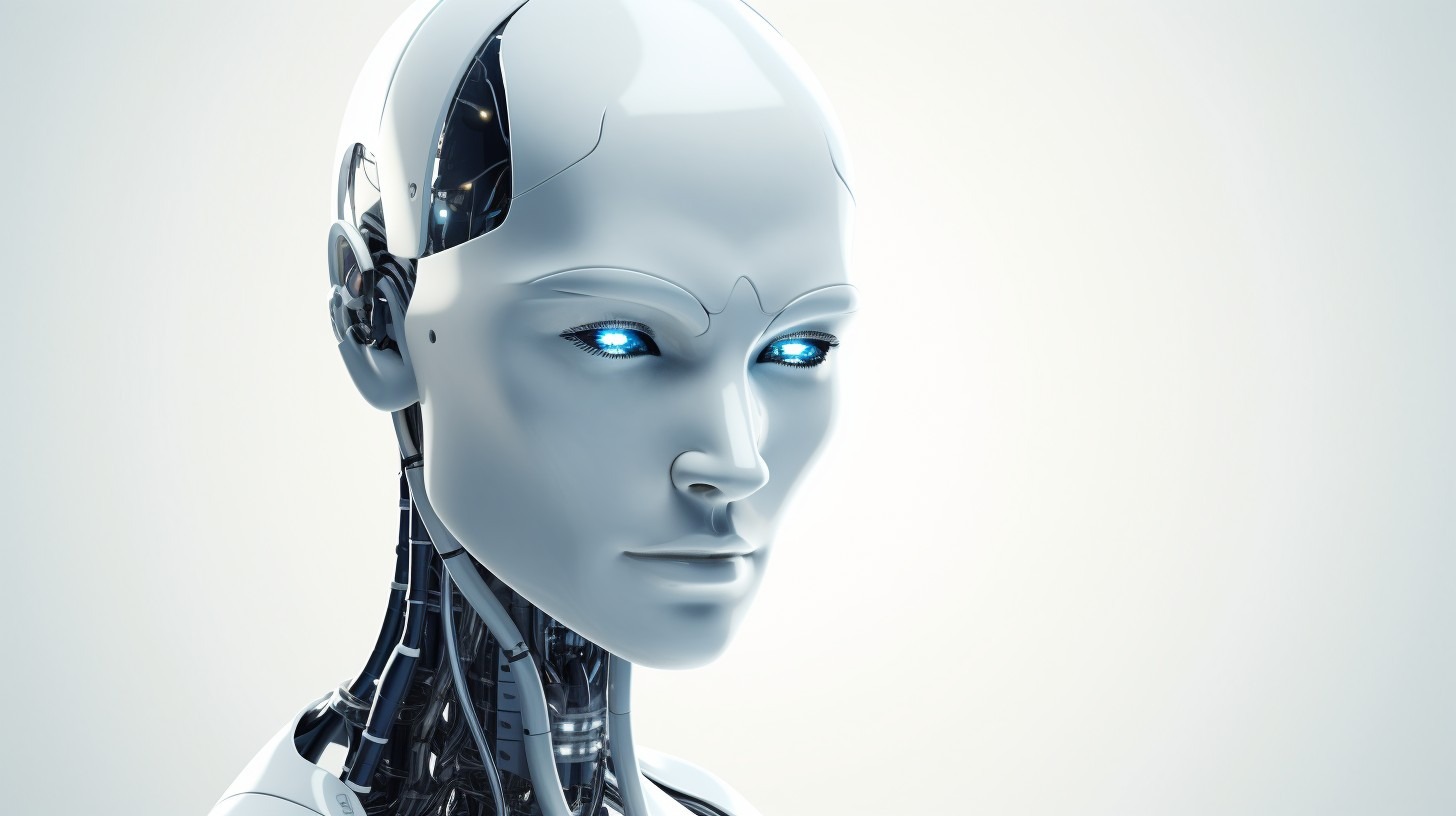What is AI: Artificial Intelligence?
Artificial Intelligence Artificial Intelligence also known as ‘AI’ is in the machines designed to think, learn, and solve problems and performs actions that can only be performed by human beings such as visual perception, speech recognition of language, decision-making and translation of language. AI may range widely in functionality from basic automation to more sophisticated machine learning models and depends on the tasks that the machines are equipped to perform and the level of efficiency as compared to that of a human being. The Evolution of AI The idea of artificial intelligence has existed for years however the present form mostly draws its roots from the advances with regards to data as well as computing power. In the beginning AI was distinguished by such notions like the rule based system where the machines simply followed step by step instructions to accomplish a specific goal. Nevertheless, the contemporary one is mainly centered around ML or DL, in which machine learning is fed with training samples, which allows the system to identify patterns and make choices without the need for pre-defined instructions.
Key Branches of AI AI is a complex and interdisciplinary field that includes many technologies and methods:
Machine Learning (ML): The third branch of AI allows machines to gain knowledge from data without being coded. Usually, ML models are trained to perform certain tasks better as they are provided with more data. Uses include recommending systems, performance metrics, and fraud detection. Deep Learning (DL): A type of artificial intelligence that is specialized in machine learning and operations in which deep networks are used to replicate human brain structures. It is very useful when working with image recognition, language understanding, and other creative tasks. DL algorithms can be found in Siri, Alexa, and other networks. Natural Language Processing (NLP): NLP enables machines to interpret and produce human language. Applications include social media sentiment analysis, machine translation, and chatbots. Computer Vision: This branch of AI handles how computers can be programmed to understand and interpret high-level information from digital images or videos. It is applicable in human facial recognition, self-driving cars, and the examination of medical images. Robotics: AI is also relevant in robotics where viable intelligent machines can be developed in order to work without human intervention. Examples are industrial robots, drones, and AI enhanced prosthetics.
Applications of AI
AI is transforming industries in every corner of the world today. Businesses and individuals are approaching problems in a completely different manner. Some of its most notable uses include the following:
- Healthcare: AI assists in the diagnosis of diseases, the prediction of patient outcomes, and the development of new medications. Patients’ medical history is evaluated, and Machine Learning models assist in developing individualized treatment.
- E-commerce: AI is essential to recommendation engines that recommend items according to consumers’ seeking and often purchasing behavior. Also, AI powers chatbots and dynamic pricing models for customer service.
- Finance: AI in the financial sector is applied for fighting fraud, assessing risk, and conducting algorithmic stock trading. It makes financial planning services more personalized as well.
- Transportation: Self-driving vehicles powered by AI are set to revolutionize the transportation sector. They enable cars to drive themselves by evaluating the roads, avoiding obstructions, and making decisions in real time.
- Marketing and Advertising: AI makes it easier to promote products and services because it can analyze customer behavior and make forecasts about their future behavior. Such activities as content generation or social media posting are also done using AI reducing the burden on marketers.
- Education: AI-driven platforms provide learners with a personalized interface, modify the material to the needs of a user, as well as perform some administrative processes like assessment and creating of schedules.
AI versus Human Intelligence
Human beings tend to suffer cognitive limitations which affect the efficiency of their actions. Although AI can be superior to a human being in specific areas, its performance as a ‘general’ intellectual still lags behind its human counterparts. Such tasks include processing huge volumes of information, detecting several features that reoccur, and carrying out repetitive processes. It is true however that, AI does not possess the qualities of emotion, self-understanding, or context intelligence to the level that a human can.
Accompanying the rise of AI is the fear of future unemployment and the ethical risks of dependent decision-making or warfare systems. Hence, there must be a sensible and prudent combination of AI use and human control and liability to avoid potential abuses.
The Future of AI
The future of artificial intelligence is very promising. For instance, quantum computing is a technological raw material that could allow one to improve AI a thousand times. The challenge will be on how society uses AI within itself without forgetting the operational challenges it poses. AI will expand the frontiers, from the provision of healthcare services to the innovations of self-governed systems.
The rapid dependence on Artificial Intelligence is astounding, but this should not be a reason to ignore its principles, simply because it is a global trend. Hence, there is need for the society to understand the help that this technology can provide as well as its limitations. It is therefore important to deliver the most ethical AI practices, and appropriate measures need to be taken in order to make sure that the technology only benefits humans and the society.
Conclusion
It is important to emphasize that the Artificial Intelligence is not a pure product of automated work. It is not purely about gaining a new technology, but rather aims to solve greater challenges and allows for advanced thinking through systematic innovation. Great changes awaits industries with the incorporation of AI, better learning outcomes, but at the same time greater challenges will also be presented such as how to govern the ideas and principles behind the technology.
Explore: The Rise of Artificial Intelligence: Applications and Implications



















